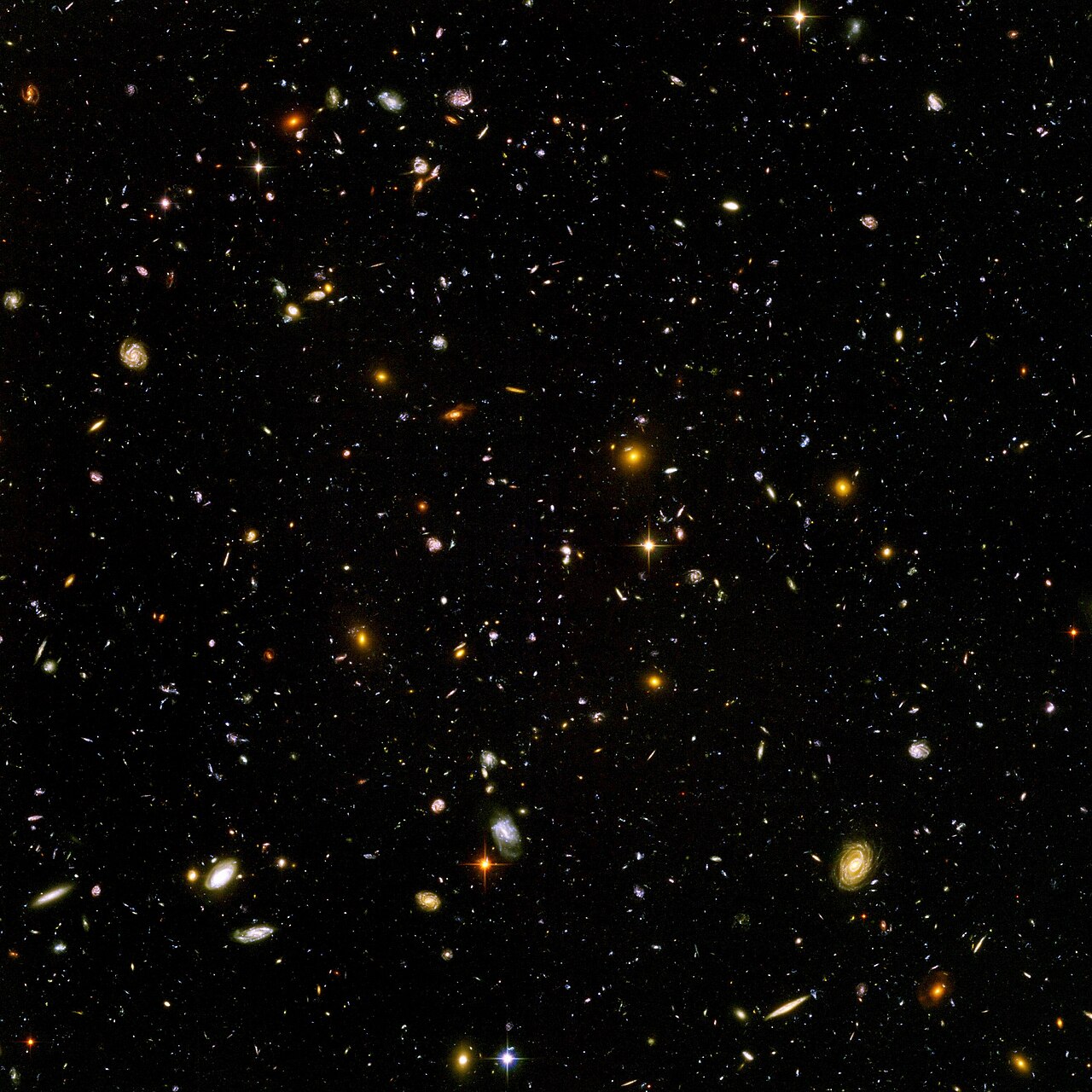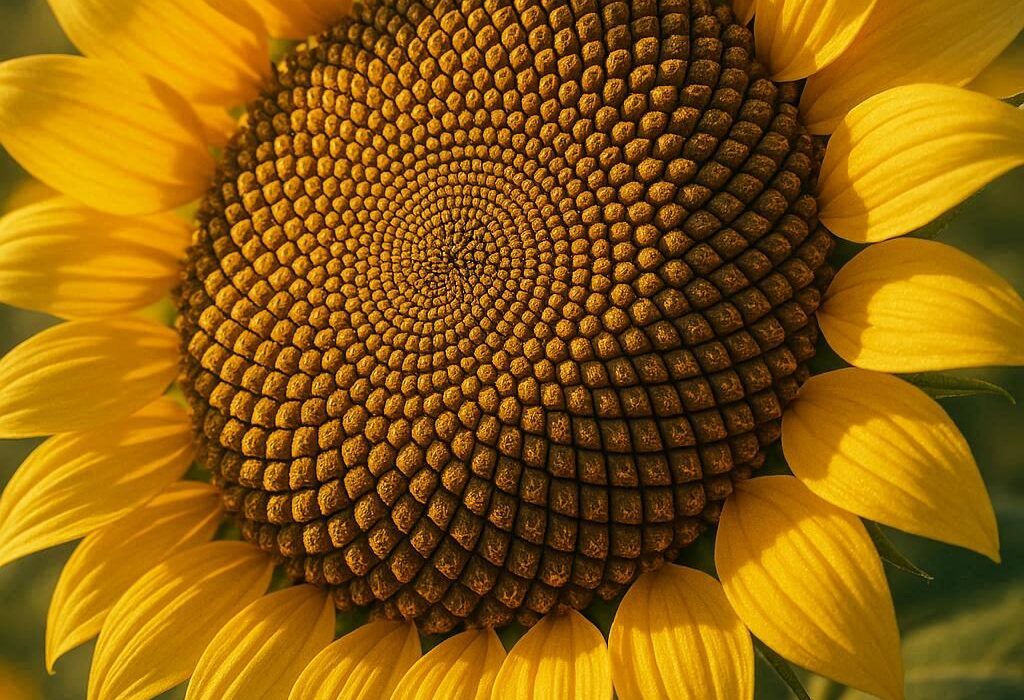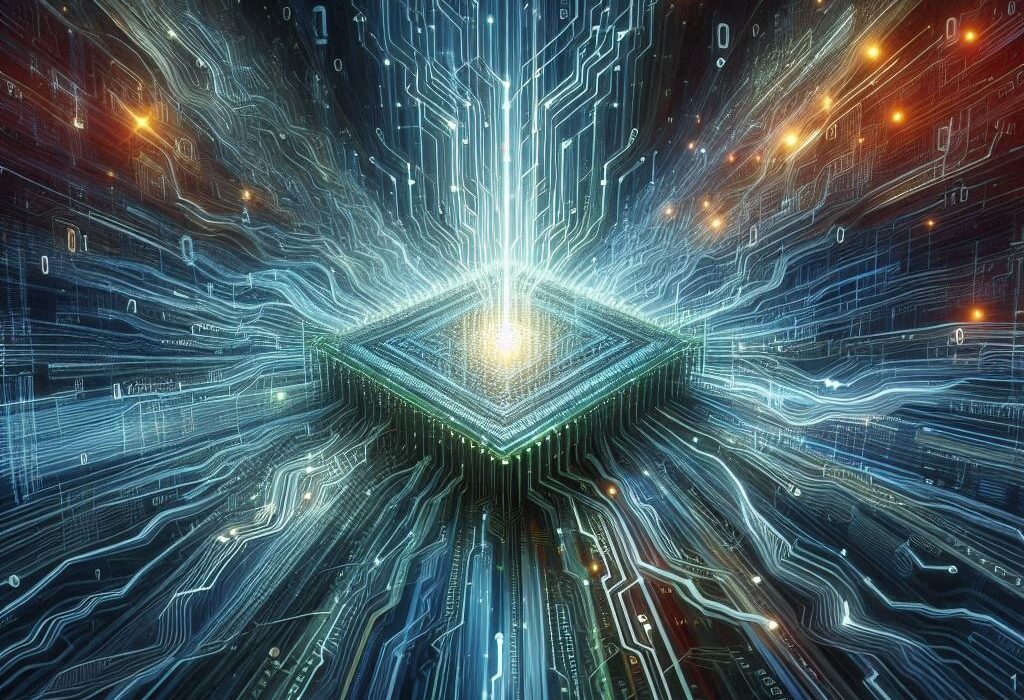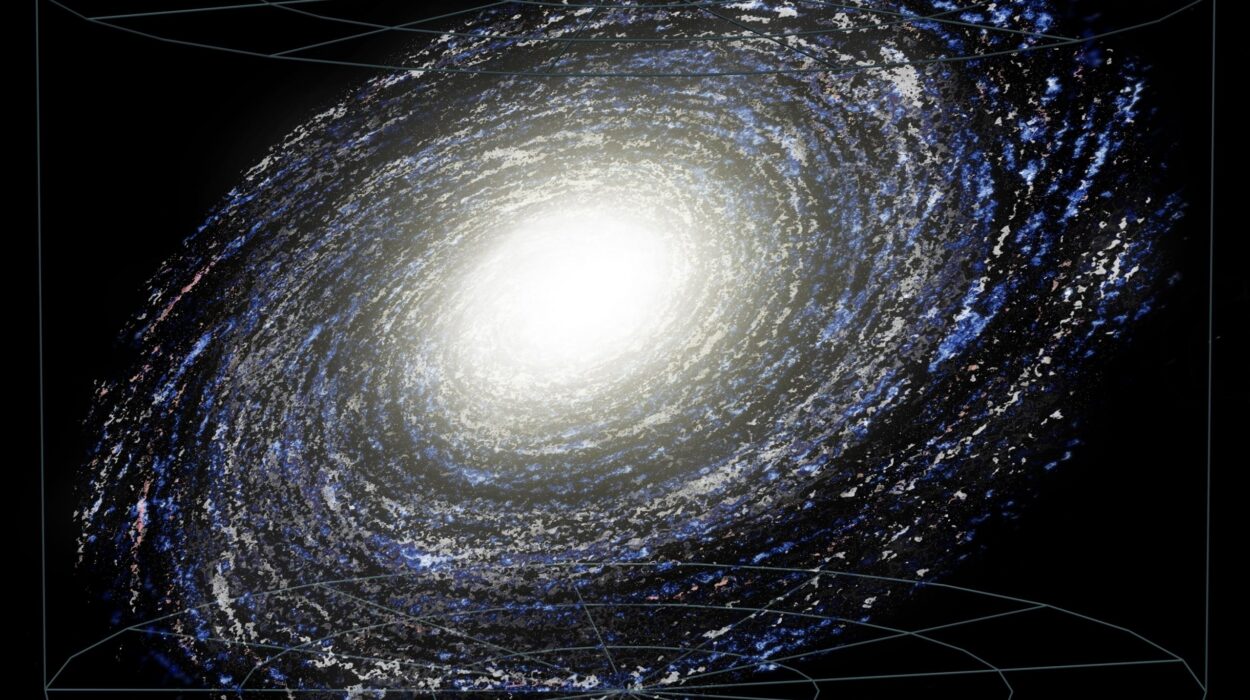Is the universe conscious of itself? At first glance, the question sounds poetic, even mystical, but beneath its beauty lies a profound scientific and philosophical inquiry. Human beings have always gazed at the stars and asked not only what they are, but why they are. We are not just curious about the mechanics of the cosmos—we wonder whether the cosmos has awareness, whether it “knows” itself, and whether our own consciousness is simply a spark of its vast mind.
This question is not a matter of idle speculation. It cuts into the heart of physics, cosmology, neuroscience, and philosophy. For when we ask whether the universe is conscious, we are really asking about the nature of consciousness itself: what it is, where it comes from, and whether it is something local and fragile, or something woven into the very structure of reality.
To explore this question is to journey into the deepest mysteries of existence, where science meets philosophy, where the measurable meets the unmeasurable, and where human imagination stretches toward the infinite.
What Do We Mean by Consciousness?
Before we can ask if the universe is conscious, we must confront the riddle of consciousness itself. Consciousness is the inner experience of being aware—the sense of self, the flow of thoughts, emotions, and perceptions that form the theater of the mind. It is what makes you you and me me.
Scientists can describe the brain in exquisite detail. Neurons fire, chemical signals are exchanged, electrical impulses race across networks, and from this activity emerges thought, memory, and perception. Yet the fundamental mystery remains: how do physical processes in the brain produce subjective experience? Why does matter, when arranged in a certain way, awaken to itself? This is known as the “hard problem of consciousness.”
If we cannot fully explain why consciousness arises in our own minds, how can we decide whether the universe itself might possess something similar? To explore this, we must examine multiple perspectives: scientific, philosophical, and even existential.
Consciousness as a Product of Complexity
One scientific view suggests that consciousness arises from complexity. According to this idea, the universe itself may not be conscious, but parts of it become conscious when matter organizes into highly complex networks—like the human brain.
The brain is sometimes described as the most complex structure known in the universe, with roughly 86 billion neurons forming trillions of connections. Out of this staggering web of interactions emerges the phenomenon of awareness. If consciousness is simply what happens when complexity reaches a certain threshold, then perhaps the universe is not conscious as a whole, but it generates pockets of consciousness wherever matter organizes in the right way.
In this sense, we—human beings—are the universe conscious of itself, not because the cosmos has a mind, but because our minds are the cosmos arranged in a particular form. Carl Sagan captured this beautifully when he said, “We are a way for the universe to know itself.”
But is that the full answer? Or does the universe itself carry some deeper form of awareness beyond the localized sparks we call minds?
Panpsychism: The Ancient Idea Reborn
One of the boldest theories is panpsychism, the idea that consciousness is not confined to brains but is a fundamental property of the universe itself. Just as gravity and electromagnetism are woven into reality, so too, according to panpsychism, is some form of consciousness.
In this view, even the tiniest particle may possess a glimmer of awareness—not human-like awareness, but a primitive proto-consciousness. When countless particles combine into larger systems, their micro-consciousnesses integrate into higher forms of awareness. Thus, human consciousness would be the symphony of trillions of smaller notes of awareness.
Panpsychism has ancient roots in philosophy but is now being reconsidered by some modern scientists and thinkers. Though it cannot be directly tested, it offers a radical possibility: that consciousness is not an accidental byproduct of matter, but a fundamental aspect of existence. If that is true, then the universe itself, in its entirety, may have some form of awareness.
The Universe as a Living System
Some cosmologists entertain the idea that the universe functions like a giant organism. It has a birth in the Big Bang, it evolves, it develops structures, and perhaps it has cycles of life and death across cosmic time. If living systems on Earth develop consciousness, could the universe, as the most expansive system of all, also possess something akin to mind?
In this perspective, galaxies, stars, and planets could be compared to the organs of a cosmic body. Consciousness, then, would not merely be confined to individual beings but might exist at a universal scale. Though this view remains speculative, it echoes ancient myths and spiritual traditions that imagined the cosmos itself as a living, breathing entity.
Physics and the Quantum Enigma
One of the most intriguing intersections between science and the mystery of consciousness lies in quantum physics. Quantum mechanics describes the behavior of particles at the smallest scales, and it defies our ordinary sense of reality. Particles can exist in multiple states at once until they are observed, a phenomenon called superposition.
Some interpretations of quantum theory suggest that observation—or perhaps consciousness itself—plays a role in “collapsing” quantum possibilities into actual outcomes. If consciousness is somehow linked to the fundamental fabric of reality, then it might not be limited to brains but woven into the structure of the cosmos.
Though many physicists remain skeptical of tying consciousness to quantum mechanics, the connection remains a fascinating frontier. Could it be that the universe requires consciousness to fully exist, and that our awareness is not accidental but essential to reality itself?
The Mirror of Human Existence
Regardless of whether the universe itself is conscious, we know that within it, at least in one small corner, consciousness has arisen. Human beings, with all our fragility and imperfection, are able to reflect on existence, ask questions, and seek meaning. In that sense, we are already the universe conscious of itself.
When you look up at the night sky and feel awe, that feeling is not separate from the cosmos—it is the cosmos reflecting upon its own grandeur through you. When we build telescopes and peer into galaxies billions of light-years away, the universe is, in a very real sense, observing itself. When we write poetry, conduct experiments, or fall in love, those acts are the universe experiencing itself in myriad forms.
This is not metaphor—it is literal. Every atom in your body was forged in ancient stars. The iron in your blood, the calcium in your bones, the oxygen you breathe—all were born in stellar furnaces. To be human is to be made of the universe, and to be conscious is to be the universe awakened to itself.
The Boundaries of Knowledge
Yet we must remain humble. Science thrives on evidence, and at present, we cannot measure or prove that the universe as a whole is conscious. The concept may forever remain in the realm of philosophy and speculation. But this does not mean the question is meaningless. On the contrary, it is among the most important questions we can ask, for it challenges us to rethink the relationship between mind and matter, between self and cosmos.
Perhaps the answer is not yes or no, but something beyond our current understanding. Perhaps consciousness is not something the universe “has” but something it “is.” Perhaps our categories of thought are too small to contain the truth.
The Future of the Question
As neuroscience advances, as cosmology reveals more of the universe’s structure, and as philosophy continues to push the limits of thought, our understanding of consciousness may evolve in ways we cannot yet imagine. One day, we may discover principles that explain not only human awareness but the possibility of awareness at cosmic scales.
Even if we never find definitive proof, the very act of asking the question transforms us. To wonder whether the universe is conscious is to recognize that we are part of something vast, mysterious, and interconnected. It reminds us that consciousness itself is the most precious mystery of all—the lens through which the universe gazes at itself.
Conclusion: The Universe Looking Back
Is the universe conscious of itself? We cannot say for certain. What we can say is that through us, the universe has at least one set of eyes, one set of thoughts, one fragile but luminous spark of awareness with which it contemplates itself.
We are not separate observers peering at a distant cosmos. We are the cosmos—made of its dust, born of its fire, animated by its laws. When we think, feel, and wonder, the universe is doing the same.
So perhaps the most honest answer is this: yes, the universe is conscious of itself, because we are here, asking the question. And as long as we continue to seek, to dream, and to wonder, the universe will never stop reflecting on its own existence.






